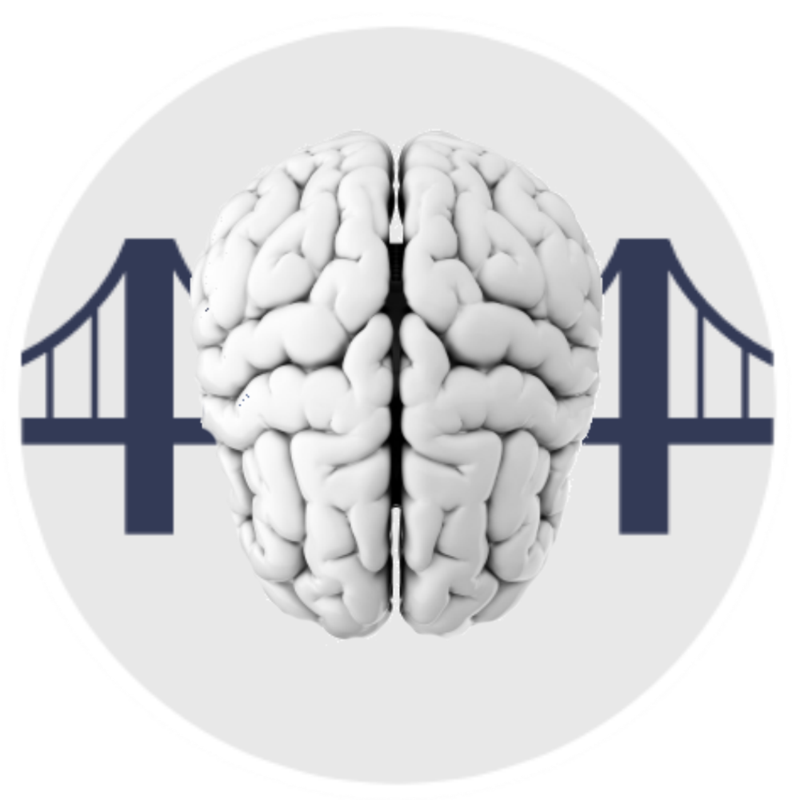Sorry, we're unable to load this blog.
BRAIN BITES
with Dr. Janet Zadina
Copyright 2013 Janet Zadina, Ph.D. All rights reserved
Janet N. Zadina, Ph.D
Brain Research and Instruction
Science and Strategies
Janet N. Zadina, Ph.D
Brain Research and Instruction
Bridging Neuroscience and Education
"Science and Strategies"
Latest Blog Posts!
by Janet Zadina on 05/03/2023
by Janet Zadina on 03/22/22
by Janet Zadina on 02/12/2023
by Janet Zadina on 05/03/2021


